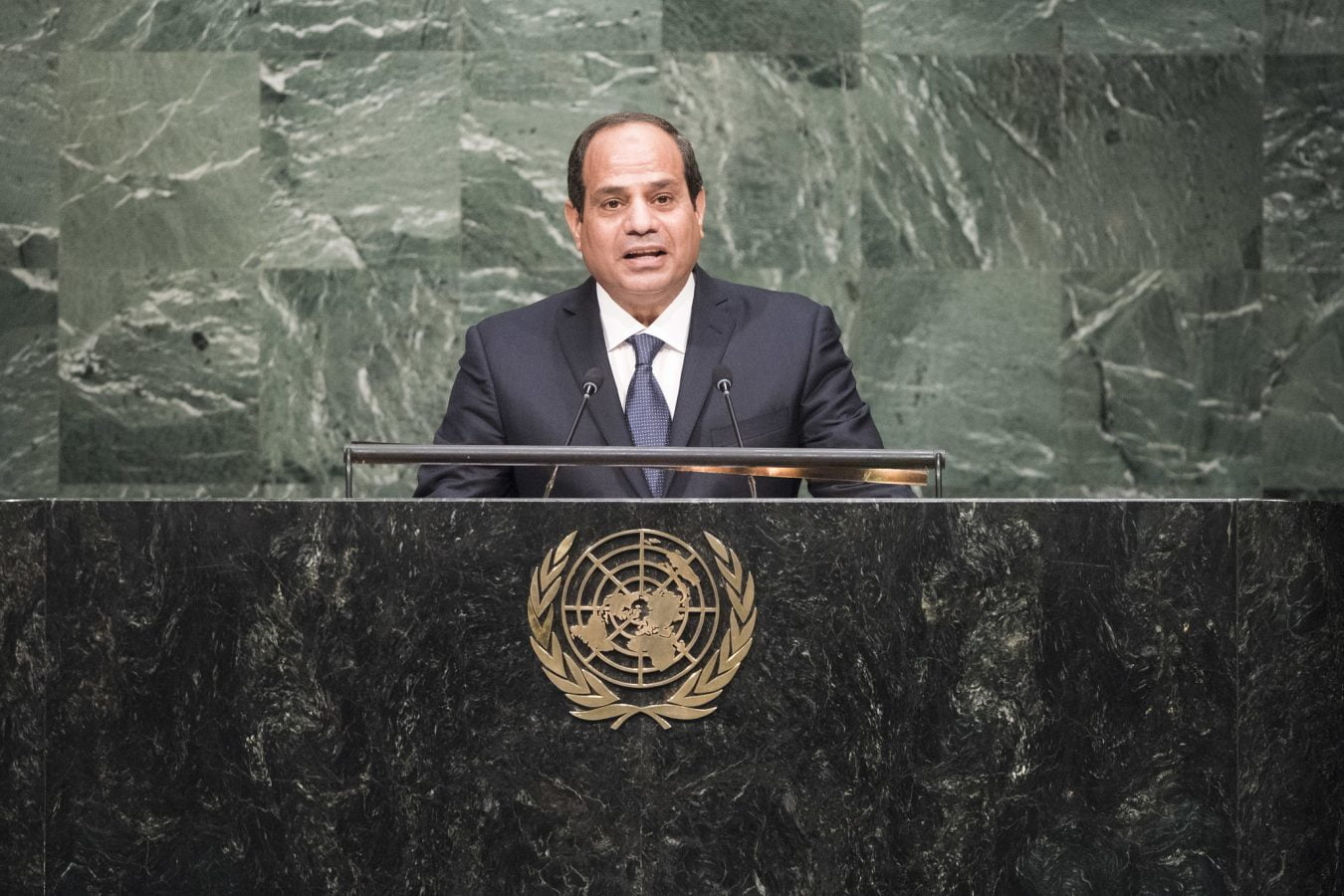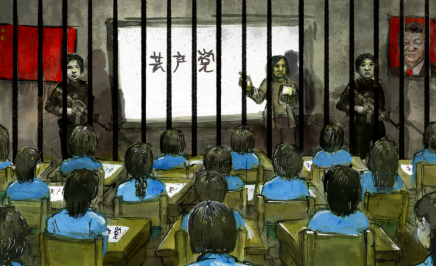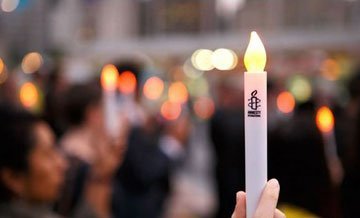Over the past 12 days the Egyptian authorities have launched the biggest crackdown under President Abdel Fattah al-Sisi’s rule, rounding up more than 2,300 people, Amnesty International.
There have been sweeping arrests of peaceful protesters, as well as more targeted arrests of human rights lawyers, journalists, political activists and politicians. At least 111 children have been arrested – some as young as 11 – with several detained on their way home from school.
The vast majority of those arrested are being investigated as part of one single case (case no.1338/2019). They are facing charges of “aiding a terrorist group”, “disseminating false information”, “misusing social media” and “participating in unauthorised protests”. The authorities ordered their detention pending investigations, regardless of their individual circumstances.
If referred to trial, this case would be the largest protest-related criminal case in Egypt’s history.
Egypt’s Office of the Public Prosecutor has said that “less than 1,000 people” have been interrogated in relation to the protests. It said that defendants’ social media accounts had been searched for evidence of “incitement to protesting”, warning that calls to protest posted on social media would be considered evidence of the “crime” of “unauthorised assembly”.
Najia Bounaim, Amnesty International’s North Africa Campaigns Director, said:
“President Abdel Fattah al-Sisi’s government has orchestrated this crackdown to crush the slightest sign of dissent and silence every government critic.
“The wave of unprecedented mass arrests, which included many who were not even involved in the protests, sends a clear message – anyone perceived to pose a threat to Sisi’s government will be crushed.
“Participating in a peaceful protest is not a crime. The authorities must immediately and unconditionally release anyone detained solely for peacefully exercising their rights to freedom of assembly or expression.”
Najia Bounaim, Amnesty International’s North Africa Campaigns Director
Children arrested
Amnesty has documented the arrest of five children – three were buying school stationery and uniforms from central Cairo at the time, while two others were returning home from school in Suez. Osama Abdallah’s parents still don’t know the whereabouts of their 16-year-old son. Since his arrest on 21 September, his parents were not able give him his medication or inform the authorities that he’s due to undergo emergency surgery. Copies of his medical report were seen by Amnesty. Amnesty has also verified a video showing plainclothes “informants” beating a 17-year-old boy and arresting him in central Cairo.
According to the Egyptian NGO Belady for Rights and Freedoms, at least 111 children – some as young as 11 – were among those arrested, with several of them subjected to enforced disappearances for up to ten days. At least 69 are facing charges, including of “membership in a terrorist group” and “misusing social media”, though many of them do not even have mobile phones.
Most detained children have been barred from contacting their families and detained alongside adults in violation of international standards.
Journalists arrested, even those working for pro-government media
Amnesty has documented the arrest of ten journalists – remarkably most of them working for pro-government media outlets – primarily in Suez and Mahalla, and at least 25 politicians and academics from four different political parties. Those arrested include Khaled Dawoud, journalist and former head of the Dostour party, as well as political science professors Hassan Nefea and Hazem Hosny.
Meanwhile, in a serious blow to defendants’ rights to receive a proper legal defence, lawyers have also been targeted, with at least four arrested while carrying out their work and a total of 16 lawyers detained. At least seven foreign nationals were also arrested and forced to “confess” to conspiring against Egypt on camera. The videos were broadcast on a private TV channel. Amnesty fears they were coerced to incriminate themselves under duress.
Former prisoners are-arrested
In a particularly unjust and unlawful move, Egyptian authorities have also resorted to re-arresting former prisoners under police probation – in some cases when they were nowhere near the protests.
Security forces re-arrested Alaa Abed El-Fattah – a political activist and software engineer who rose to prominence during the 2011 uprising – on 29 September, while he was serving his probation in Dokki police station. He had already served an unjust five-year prison sentence for participating in a peaceful protest in 2013. As part of his probation conditions upon his release in March this year, he was required to spend 12 hours every night at a police station for five years. Despite having been locked up at the time of the protests, he was detained on charges of spreading false news and joining an illegal organisation.
Meanwhile, Mohammed Ibrahim, founder of the well-known blog “Oxygen Egypt”, was also re-arrested on 21 September for posting videos about the latest protests while he was serving his probation sentence at a police station in Cairo.
When courageous people protest, they make the world a better place. We must protect the right to protest wherever it is restricted and whenever it is at risk.
For Write for Rights 2022, we are taking action for brave individuals from 10 different countries, who have all paid a great price for speaking truth to power. We run Write for Rights every year because it works – real change happens when ordinary people come together to take action.
Learn more about Write for Rights. Write a letter, change a life – including yours.



